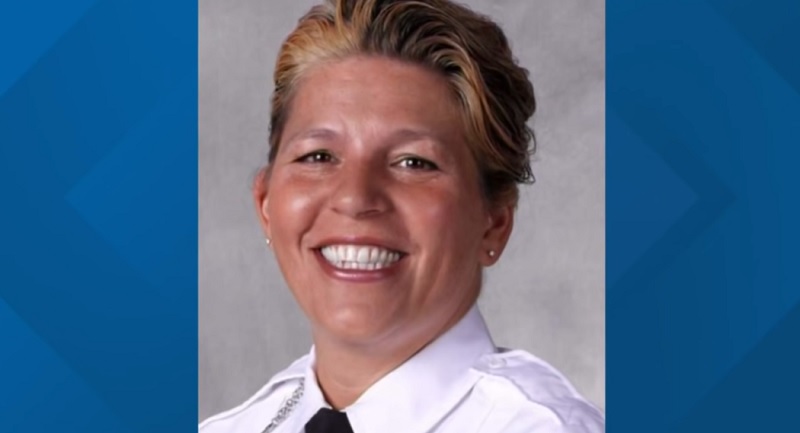

You can’t read very far in the news without hearing about police officers being sued. But justice is not blind to cops and they, too, have the right to file a lawsuit when unlawfully harmed. Columbus, Ohio police officer Traci Shaw was summarily charged by Richard Wozniak, Deputy Director of Public Safety for the city, and appointed to investigate allegations of police misconduct in one of the many 2020 George Floyd-inspired disturbances. Shaw was accused of inappropriately using a chemical irritant against protestors. Two other officers also faced charges, none of which survived in court.
Shaw, a veteran police officer and long-time use-of-force expert and academy trainer had served on an advisory commission whose report recommended a number of reforms for the department. She faced three misdemeanor counts of assault, three counts of dereliction of duty, and three counts of interference with civil rights. Shaw’s suit against the city and Wozniak alleges that he failed to properly investigate the allegations and that the subsequent prosecution was “without probable cause, legal right, or justification and/or failure to conduct a reasonable investigation, motivated by politics and/or ill will.”
The situation that gave rise to the charges was reported to be a group of protestors who were moving into an area cordoned off from the lawful protest area. Protestors surrounded Shaw and some business owners trying to access their own property earlier in the day. At the time of the use of the irritant at least some in the group had been throwing objects at police. Shaw’s report reflects that she used a couple of short bursts of the spray which resulted in no reported injuries and no subsequent detention or arrests of those affected.
Wozniak had been hired as a special investigator by a law firm hired by the city to investigate law enforcement behavior during the protests. He was paid over $150,000 for his work that apparently did not involve interviewing alleged victims, or other officers at the scene, nor did he consult use-of-force experts. Shaw’s attorney says she wants to be on record as being exonerated in the affair.
The allegations against Shaw were reviewed by The U.S. District Attorney for the Southern District of Ohio who refused to bring charges on Wozniak’s complaint. Another officer’s charges were dismissed, and the third officer was found not guilty in municipal court. As a result of the unsubstantiated allegations, Shaw lost her adjunct college instructor position, and her status as a use-of-force instructor, and was denied overtime and special duty opportunities. She is also claiming emotional distress from the ordeal.
Wozniak, a former FBI agent has also been accused in an EEO complaint by Sgt. Laura Suber of retaliation, harassment, and intimidation after she says she met with Wozniak for an interview as a witness to a criminal investigation. A special prosecutor on the case resigned in what she called a frustrating lack of support and resources, using the often repeated statement that “most of the protestors were peaceful”, disregarding the fact that there were episodes of violence, fires were set, and storefronts were smashed. Officers used more than a thousand rounds of non-lethal munitions and arrested about 150 people.
Police accountability for inappropriate use of force and suppression of the right to assemble and freely express themselves is essential to maintain the credibility of law enforcement and restore the trust of the citizenry. Politically motivated prosecutions based on less than professional investigative efforts and unsustainable cases that harm a stellar law enforcement career also demand accountability. Whether Shaw’s lawsuit prevails or not remains to be seen, but it is a reminder that law enforcement officers deserve due process and fairness like anyone else.